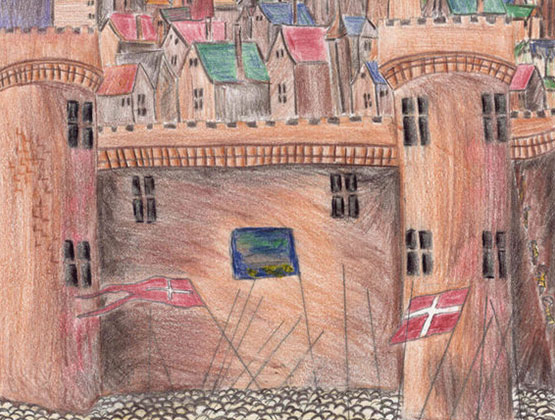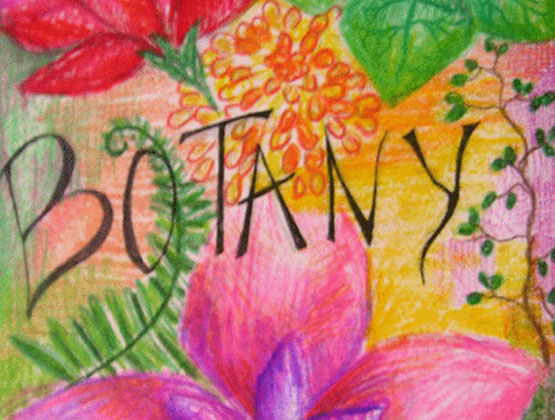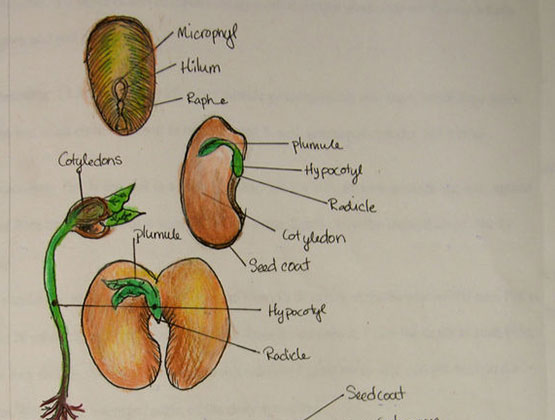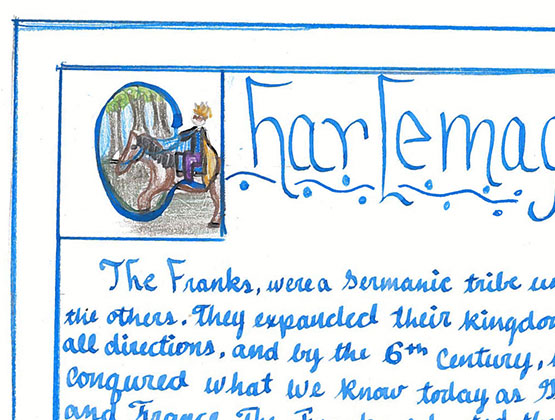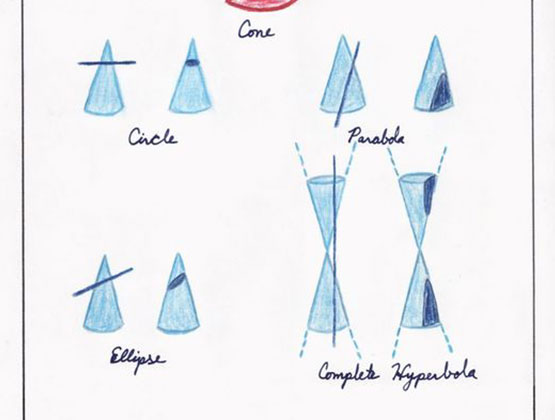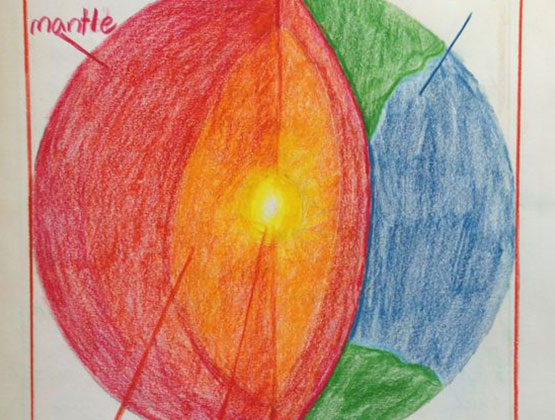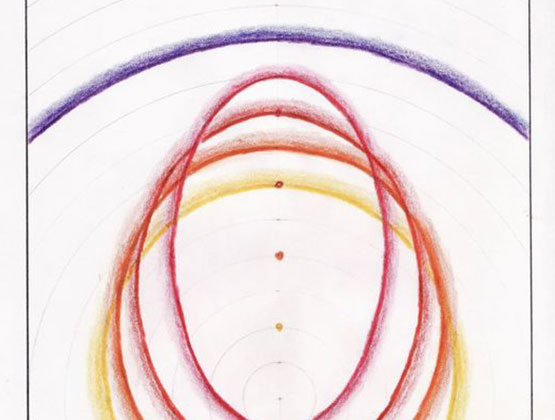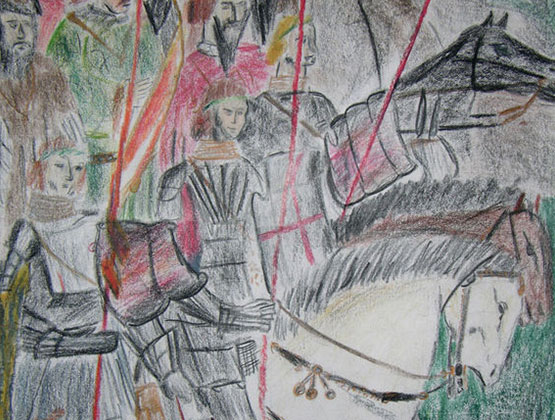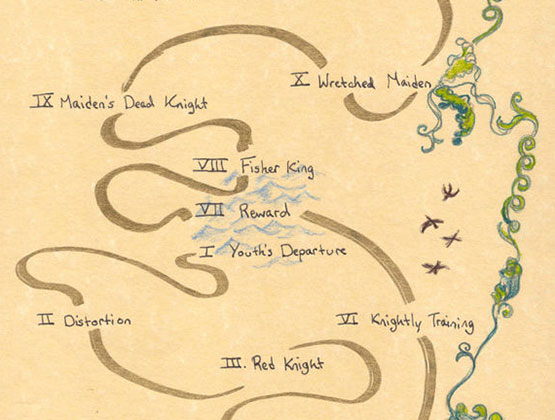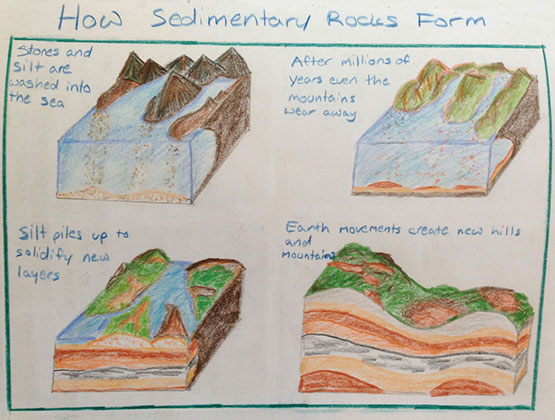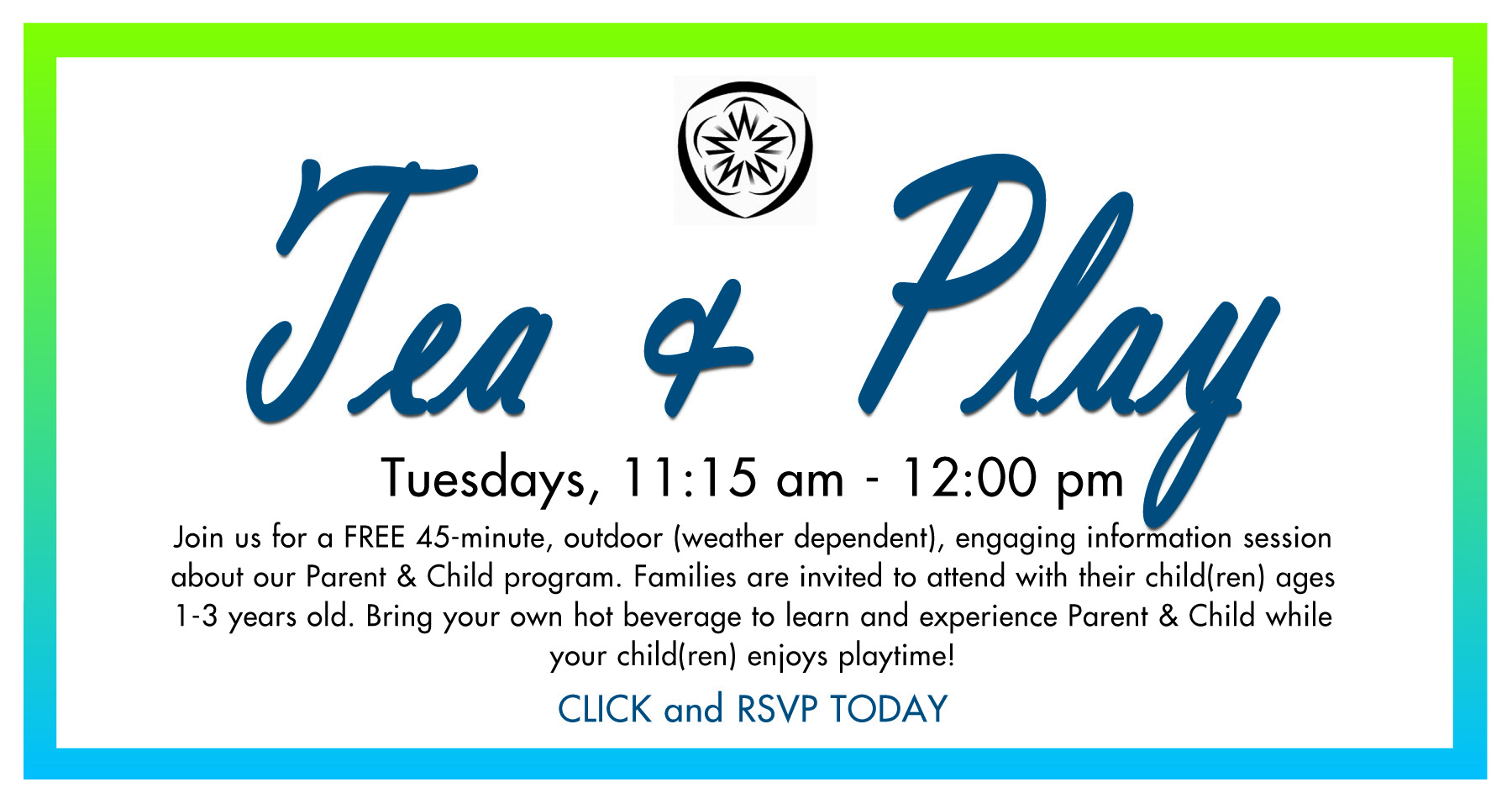Outcomes
Our Early Childhood classrooms are distinguished both by all they contain and all that they don’t include. There are no illustrative alphabets strung over bulletin boards of children’s written work, no math centers with either workbooks or pencils, no blackboards, no introductory readers, or computers in any form.
Why?
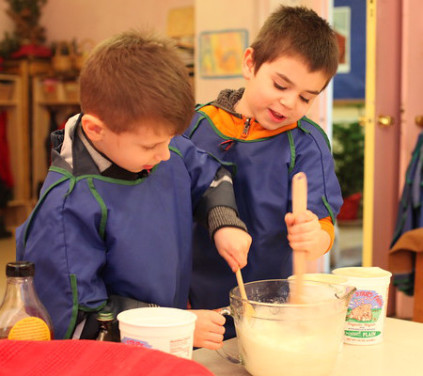 Young children need first and foremost to experience the dynamic qualities of the world before abstracting them into formal concepts or skills. Although children will very often be enthusiastic about developing academic skills their elders prize, they themselves will begin to draw down rather than build their inner resources. Sooner or later they will tire inwardly. Without a place in a child’s dawning understanding, abstract information and skills are inwardly unassimilable—incapable of illuminating anything a child experiences in the course of daily life. Rather than educating—drawing forth the capacity of the child—early formal instruction is little more than disassociated training.
Young children need first and foremost to experience the dynamic qualities of the world before abstracting them into formal concepts or skills. Although children will very often be enthusiastic about developing academic skills their elders prize, they themselves will begin to draw down rather than build their inner resources. Sooner or later they will tire inwardly. Without a place in a child’s dawning understanding, abstract information and skills are inwardly unassimilable—incapable of illuminating anything a child experiences in the course of daily life. Rather than educating—drawing forth the capacity of the child—early formal instruction is little more than disassociated training.
Expect little of a garden where the bloom would precede the root.
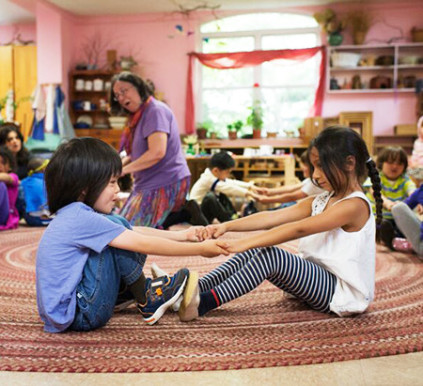 Learning that is sustainable—that continuously flows from the heart while becoming more articulate and intellectually refined—begins with the lessons rooted in the way they experience and understand the world. Their language skills, for example, unfold through social interaction just as their bodies grow through physical activity. Listening to their teachers tell stories, transforming the words and images gaining insight into narrative structures through imaginative play, acquiring the rules for syntax and grammatical structures through dramatic repetition and embracing language as abundant with meaning, children move seamlessly into writing and reading in the elementary grades. With such a robust foundation in language, introductions to the letters and the rules in forming words and sentences and stories they can write and read for themselves are greeted with the joy of discovery—of the secrets of the written word, and all that can be revealed through it.
Learning that is sustainable—that continuously flows from the heart while becoming more articulate and intellectually refined—begins with the lessons rooted in the way they experience and understand the world. Their language skills, for example, unfold through social interaction just as their bodies grow through physical activity. Listening to their teachers tell stories, transforming the words and images gaining insight into narrative structures through imaginative play, acquiring the rules for syntax and grammatical structures through dramatic repetition and embracing language as abundant with meaning, children move seamlessly into writing and reading in the elementary grades. With such a robust foundation in language, introductions to the letters and the rules in forming words and sentences and stories they can write and read for themselves are greeted with the joy of discovery—of the secrets of the written word, and all that can be revealed through it.
 Consider the teaching of mathematics, which often suffers from the same misconceptions that “the earlier” and “the more” “are better.” Rather than diving into the abstraction of numbers, or the rules for arithmetic computation, mathematics begins in the Waldorf Early Childhood Program with the direct experience of the fundamentals of patterns and order in their classrooms and in the natural world. Whether learning weights and measures when baking bread or proportions when helping the teacher slice the loaf or counting when stitching a pillow or jumping rope or geometry through building of block castles or the geometric patterns in the pinecones and leaves they gather, mathematics emerges from the children in action.
Consider the teaching of mathematics, which often suffers from the same misconceptions that “the earlier” and “the more” “are better.” Rather than diving into the abstraction of numbers, or the rules for arithmetic computation, mathematics begins in the Waldorf Early Childhood Program with the direct experience of the fundamentals of patterns and order in their classrooms and in the natural world. Whether learning weights and measures when baking bread or proportions when helping the teacher slice the loaf or counting when stitching a pillow or jumping rope or geometry through building of block castles or the geometric patterns in the pinecones and leaves they gather, mathematics emerges from the children in action.
Watch: Love of Reading
Watch: Main Lesson Blocks
Photo Gallery: Main Lesson Books
Learn More


